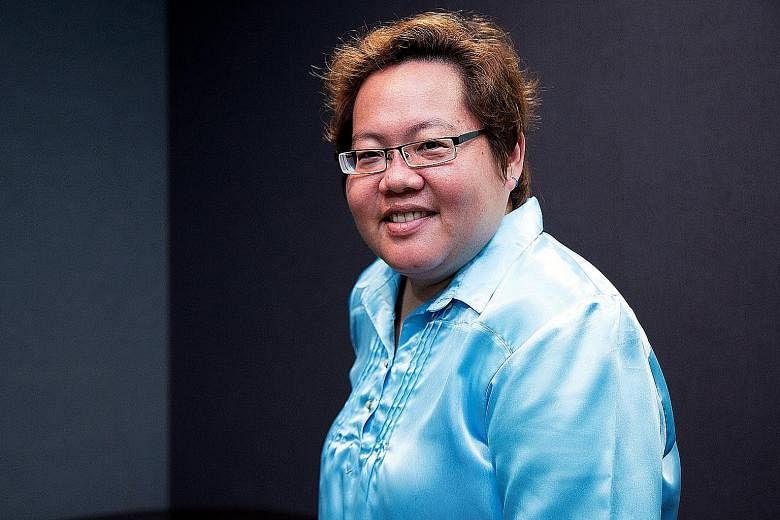Children who grow up in the homes of drug abusers are more likely to experience developmental delays and social and behavioural issues later in life, observers told The Sunday Times. Some may eventually end up misusing drugs themselves.
Studies have shown that children who watch their parents abusing drugs are more likely to take drugs later, which leads to generational cycles of addiction.
Some observers have seen clients as young as 10 years old seeking help for drug problems that may have started months or even years earlier.
Ms Janet Wee, a former senior drug counsellor who is now managing director at Acorn Quest, a firm running counselling services for former offenders, has helped teenagers who are still in school.
"Some start taking drugs from as young as 10 years old," she said. "Their parents or relatives did drugs, so they thought that there's nothing wrong with taking drugs themselves."
Drug-abusing kids, whose bodies are still developing, may suffer irregular heartbeat, respiratory illnesses, seizures and even brain damage. Dr Tan Kok Kuan of Dr Tan and Partners Medical Centre said: "Due to their smaller size, children are also at greater risk of overdosing."
For some, simply living with parents or grandparents who use drugs can have a detrimental effect.
Mr Praveen Nair, a psychologist and senior consultant at Raven Counselling and Consultancy, said caregivers who are too occupied with their addiction may neglect the children. This, in turn, may lead to them doing poorly in school and having trouble relating to their peers.
Dr Thomas Lee, medical director and consultant psychiatrist at The Resilienz Clinic, added that many kids have had to take on the adult role at home, such as looking after their younger siblings, when their parents are getting high.
"They may feel that their childhood was robbed or shortened because they have to assume early responsibility for their own and others' well-being," he said.
Earlier this year, the Central Narcotics Bureau (CNB) said nearly two-thirds of new drug abusers arrested last year were under 30.
Last year, it expanded its social media and youth outreach efforts to encourage a drug-free lifestyle.
Mr Amrin Amin, Senior Parliamentary Secretary for Home Affairs and Health, said preventive drug education is the first line of defence in the anti-drug fight. He added that the CNB works closely with schools and other stakeholders "to ensure that our youth understand the dangers of drug abuse and develop resilience against such temptations".
Rehabilitation and aftercare programmes for parent abusers are also important, said observers.
The Singapore Prison Service offers a treatment and rehabilitation regime for first-and second-time abusers in the Drug Rehabilitation Centre (DRC). After being discharged, they undergo a period of counselling and supervision.
First-time abusers under the age of 21 receive help in different ways based on their risk of reoffending.
Those at low risk go on the Youth Enhanced Supervision Scheme and get counselling and urine supervision. Those at moderate risk are placed at the Community Rehabilitation Centre, where they can go to work or school in the day but return in the evenings. Those deemed high risk are sent to the DRC.
Experts said most families stuck in the drug cycle experience multiple stressors such as unemployment and mental health issues.
Mr Derrick Lau, assistant senior social worker at Reach Community Services, said the preventive work should start from helping families manage these challenges better.
"Once they are reconnected back to healthy activities and relationships, then they will start thinking twice about using drugs again and their children will have a higher chance of being safe," he added.


